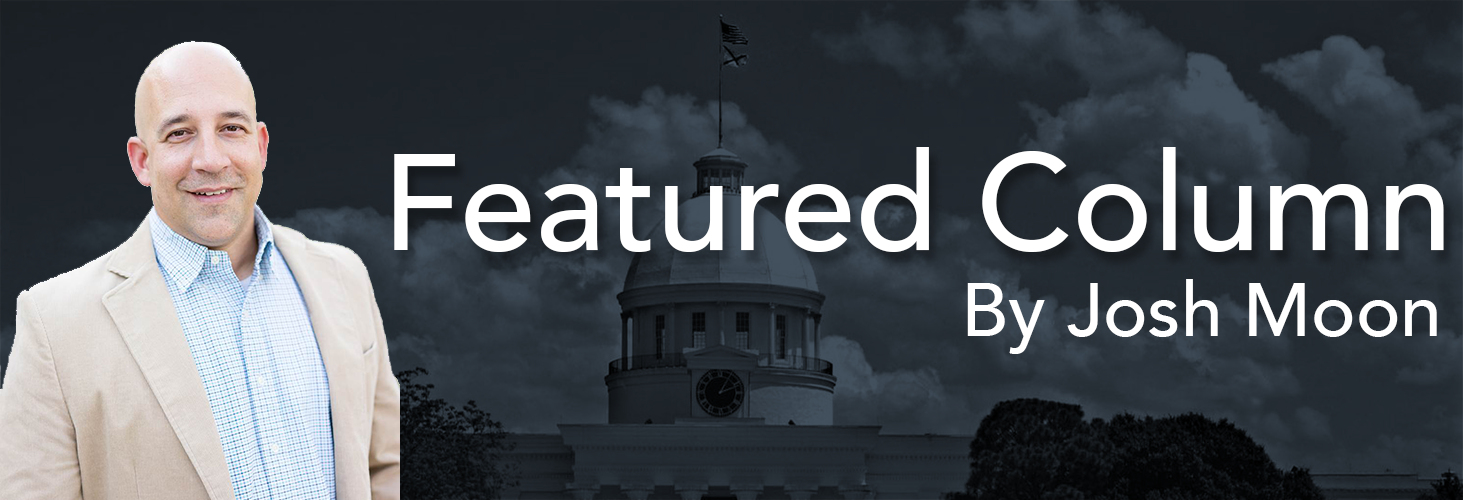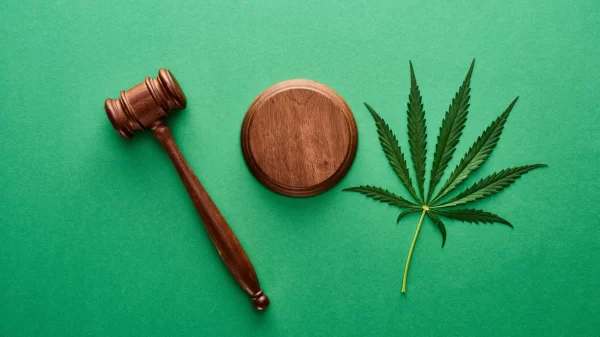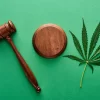By Josh Moon
Alabama Political Reporter
“The opioid epidemic.”
The death and destruction of millions of people has been tagged and properly branded now. The politicians have created task forces. Charitable groups have distributed pamphlets.
The rest of us can do what we always do with these sorts of awful realities: Shake our heads mournfully, agree that it’s awful, quickly change the subject and move on about our business.
On one hand that’s understandable. After all, what are we going to do? We’re not hooked. We’re not giving these drugs out to anyone.
But on the other, the way we’re handling this “opioid epidemic” sure doesn’t seem to be shining the spotlight on all of the proper perpetrators and viable solutions.
I worry that’s happening because the general public isn’t paying close enough attention.
Because while politicians scramble to focus the spotlight on the abusers and hash out treatment options, what seems to be mysteriously absent from the glare of the spotlight are the doctors who hand out painkiller prescriptions like they’re candy and the drug distributors who are shipping millions of pills to Podunk town pharmacies.
Or, to put that another way, those absent from the spotlight just happen to be the people and companies who pour millions of dollars into the campaign coffers of the politicians now tasked with solving this problem.
Which is why the general public desperately needs to be involved.
Because let me put some local perspective on this for you.
Last year, The Charleston Gazzette-Mail in West Virginia laid out astonishing numbers found in private records it somehow obtained from the State’s Attorney General’s office. Those records were the drug distribution numbers from wholesale pharmaceutical suppliers, which noted every pill sent to the State’s pharmacies over a six-year span, 2007-2012.
In that short span, those drug suppliers shipped 780 million hydrocodone and oxycodone pills to the State’s pharmacies.
That’s 130 million pills per year. Enough for every man, woman and child in the entire state of West Virginia to take a pill and a half per week, every week, for six years.
And now, consider this: according to the Centers for Disease Control and Prevention, in 2012, Alabama doctors wrote more prescriptions for painkillers than any other state in the country.
To be exact, doctors in Alabama wrote 143 prescriptions for every 100 people in 2012.
In a 2014 story for al.com, Dr. Jerry Harrison, the chair of the Alabama Board of Medical Examiners, said the ranking wasn’t an anomaly. Alabama ranked first in painkiller prescriptions from 1987 through 2001 and remained in the top five since.
It’s insane.
Yet, have you heard many politicians talk about prescription reform?
We heard plenty of outrage when doctors were asking people if they owned firearms. But prescribing 1,000 oxycodone pills to a single patient in a month? Not a peep.
(By the way, that example isn’t random. It comes from when I tried unsuccessfully to stop a moron doctor from over-prescribing painkillers to a family member.)
To be fair, the CDC has recommended prescription guidelines for painkillers in the past two years. But doctors don’t have to follow them. And believe me, it’s nearly impossible to make them stop over-prescribing the drugs or take action against them if their over-prescribing cause death.
Because usually, it’s not death from oxy. Usually, the oxy addiction turns into heroin addiction, because heroin is cheaper. And that causes death.
And yet, given our grim reality in this State, it seems our lawmakers are altogether unwilling to consider an alternative that works.
Marijuana.
That’s right, there’s growing evidence that marijuana can be used to curb withdrawal symptoms for people coming off opioids. And in addition, there is a mountain of evidence showing that states that have legalized medical and recreational marijuana are experiencing lesser rates of opioid addictions overall, and declining rates since legalization.
Because marijuana can be substituted in some cases as a painkiller. It’s much less addictive and you cannot overdose from it.
You likely know how that has been greeted in Alabama. A few days ago, lobbyist and reverend Joe Godfrey told al.com that legalizing marijuana would be like rolling around in poison oak. Godfrey said the Bible forbids the use of “mind-altering” substances.
I remember that time Jesus turned the water into more water.
It’s that sort of backwards, irrational thinking – the kind that focuses correction mostly on the addicts and never ventures outside of the norm or threatens drug industry profits – that has allowed this issue to fester and grow.
Until we change, which will only happen if the public demands it, it will only get worse.





















































